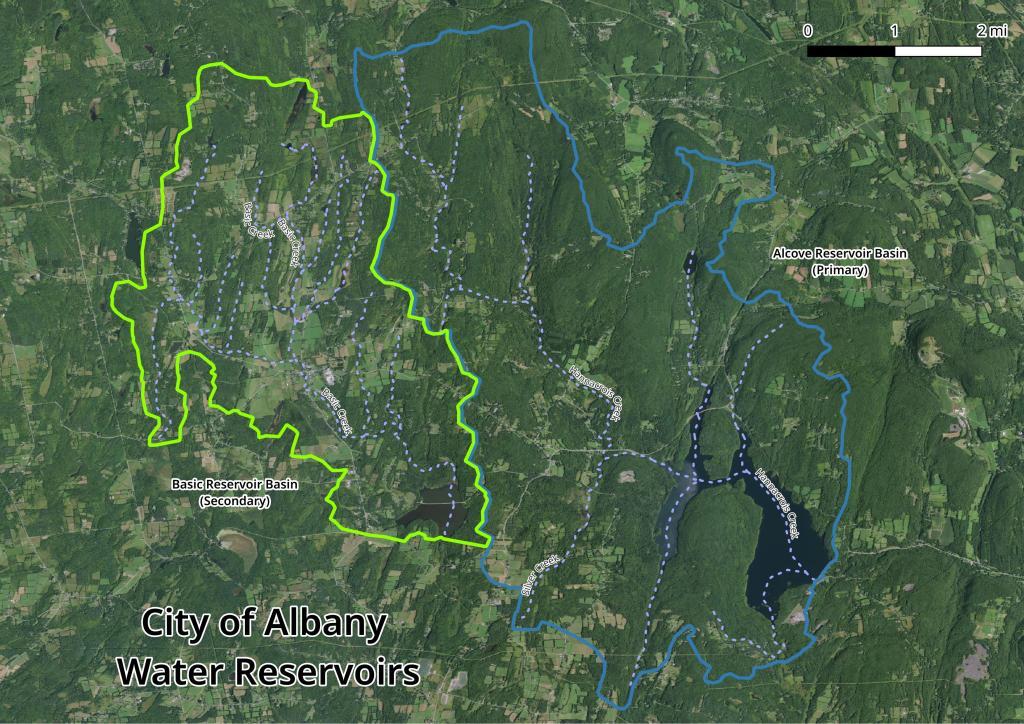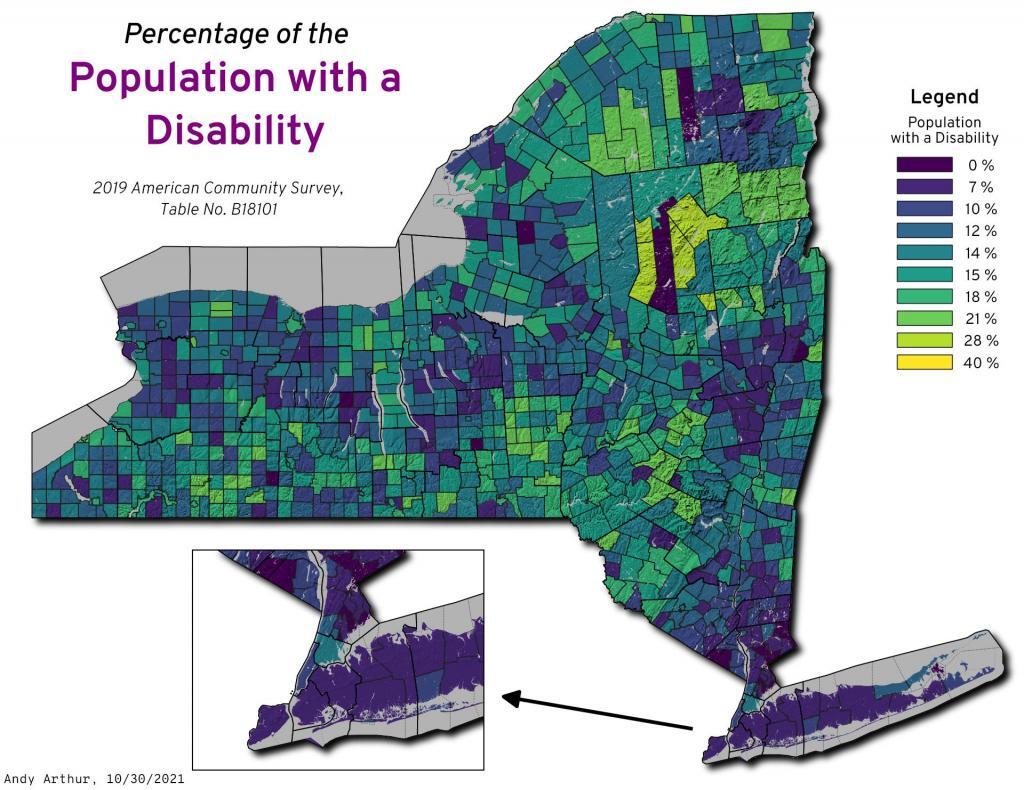Experiences
2022 Educator Salaries in Albany County
I wrote a program to scrape government worker salary data from SeeThroughNY for a number of projects. One I thought of that was interesting to compare teacher salaries in certain Albany County School Districts.
College Graduates by Congressional District
The Congressional District with lowest percentage of college graduates is David G. Valadao (R) in California's 21st Congressional District (Bakersfield-Fresno Valley). Only 9.5% of residents have a college degree there.
The most college-educated Congressional District is Carolyn Maloney (D) in New York 12th Congressional District (Manhattan-Brooklyn). 73.2% of residents there have graduated from college.
Sucide Rate per 10,000 People
I don’t like the idea of waving college loans 🎓
I was hearing again on the radio that there is a movement to allow more students to waive or reduce their college loans for free. I think that’s a complete slap in the face to people like myself who didn’t rack up any debt in college but chose the lowest cost options when attending college.
The problem with waving college is that it’s both unfair and rewards wasteful spending. Why economize at college if the government is going to waive your costs it just away? I took a lot of steps to save in college – including attending Community College then a college I could commute to from home. When I attended SUNY Plattsburgh, I waived all optional fees that I could, bought the smallest meal plan I was allowed and parked on the street rather than pay the parking fee. I didn’t have my own laptop, instead I used the computer lab or typed up papers on my parents old typewriter (in 2006). I did work study and then worked down in Albany, taking off semesters and commuting from home.
I certainly support making college more affordable by increasing government support for public colleges and rewarding schools that stay within a spending cap with additional aid. Steps should be taken to make it easier for students to opt out of optional fees, and providing additional discounts for online classes that don’t require providing a physical plant such as a classroom with desks, heating and lighting. Larger class sizes are also possible online, saving on staffing costs.
Public colleges could reduce tuition and fees to an affordable couple thousands a year if they aggressively persued efficient online learning with a much smaller physical plant. While some classes and laboratories are best done in person, most universities have significant physical plant and they don’t have to be constantly upgrading. Colleges can make do with older buildings, older technologies and still provide a cost effective education to students.
Students that got into significant debt should be held accountable for their actions. Instead of bailing them out, we should focus on driving down college costs – not just by increased funding but also reduced spending at colleges.
Albany Water Reservior Basins
Where the City of Albany gets it's water from -- the Alcove and Basic Reservoirs.
The Alcove Reservoir is not only a larger reservoir and basin, it also has much higher water quality due to land cover. The Basic Reservoir is connected to the Alcove Reservoir via pipeline and Silver Creek but used only occasionally due to lower water quality and quantity.

